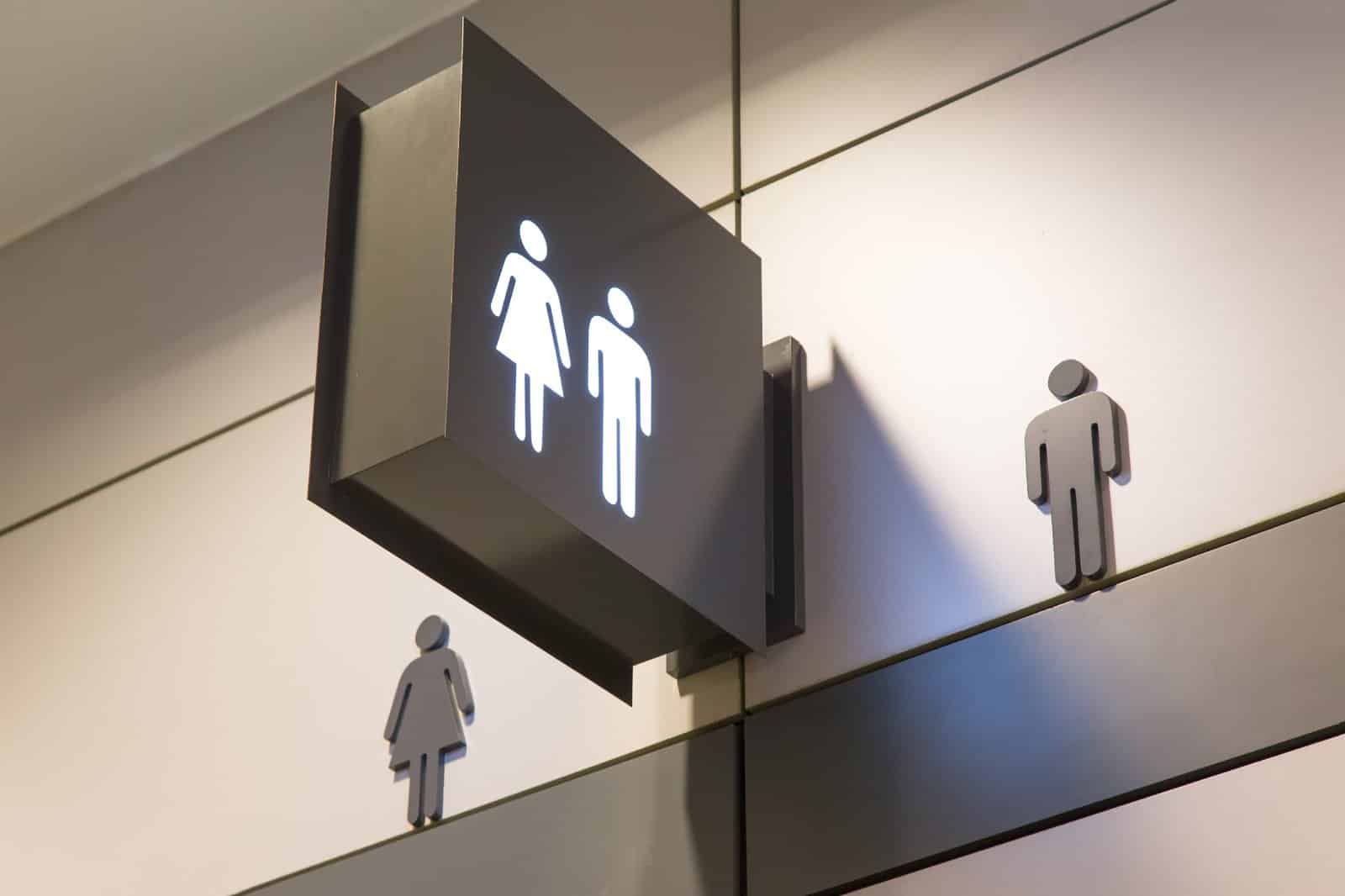The Conservative party has stirred up controversy after pledging to amend the 2010 Equality Act to define sex as “biological sex,” but now a new poll has revealed that a majority of British Citizens support the change.
Addressing Confusion

This amendment to the Equality Act is meant to address the “confusion” that surrounds the United Kingdom’s female-only spaces, toilets, female prisons, and hospital wards.
Impact on Trans Women

If this change is made, the largest effect would be against trans women, who would then be banned from accessing single-sex spaces such as toilets, female prisons, and hospital wards.
Regardless of GRC

The ban would even apply to trans women who obtained a Gender Recognition Certificate (GRC), which has led many LGBTQ+ groups to speak out and fight back against the proposed amendment.
Women’s Safety

When presenting the amendment and defending its validity, UK’s conservative Prime Minister Rishi Sunak claimed the decision was made in an attempt to protect women’s safety.
Too Important to Risk

Prime Minister Rishi Sunak stated, “The safety of women and girls is too important to allow the current confusion around definitions of sex and gender to persist.”
Poll Results

A recent YouGov poll asked British citizens what they think of the situation, and 50% of Britons support the Conservative pledge to amend the 2010 Equality Act.
Less Than A Quarter Opposition

While only 50% of the British polled supported the change, only 23% wholeheartedly opposed the amendment, and 27% said they were undecided.
Age Group Differences

The support for the amendment also varies significantly between age groups, with the highest support coming from those aged 65 and over at 63% in favor.
The Younger Generation

While the older generation strongly favors the amendment, the 18-24-year-olds polled were far more likely to oppose it, with 43% against and 31% in favor.
Party Support Differences

Political affiliation also significantly impacted the amendment’s level of support, with 71% of Conservative voters in favor compared to 30% of Labour supporters and 48% of Liberal Democrat supporters.
Gender Differences in Support

Interestingly, Men are also more likely to support the change than women, even though conservatives say they wish to make this change in order to protect women.
Support for the Proposal

Women and Equalities Minister Kemi Badenoch supported the proposal due to confusion about current laws relating to sex and the ongoing debate about trans women’s place in sports and prisons.
When to Act

Defending the proposal, Badenoch said, “It is clear public authorities and regulatory bodies are confused about what the law says on sex and gender and when to act.”
Retaining Trans Protections

Despite restricting trans women’s access to public space, conservatives say that the amendment would not remove protections against discrimination based on gender reassignment.
Reserved Matter for Gender Recognition

The proposal will also make gender recognition a reserved matter, which means Westminster would have exclusive governing power over sex and gender law legislation.
Limiting Smaller Government Bodies

Effectively, this means that the new amendment would standardize the recognition of sex and gender across the United Kingdom, limiting the powers of smaller government bodies.
Policy Uniformity

When discussing the proposal, the UK’s conservative party stated, “An individual can only have one sex in the eyes of the law in the United Kingdom.”
The EHRC Response

In further defense of the policy, the Equality and Human Rights Commission (EHRC) chair, Baroness Kishwer Falkner, wrote a letter that said, “Defining sex as ‘biological sex’ could bring greater legal clarity in several areas.”
Transactional Chair

Helen Belcher, chair of TransActual, condemned the proposal for undermining the human rights of transgender individuals who may be excluded from sex-based protections under the Equality Act.
Excluding Trans People

Helen said, “By insinuating in its previous advice that organisations should exclude trans people from single-sex services and spaces, and now proposing that parliament actively considers effectively removing trans people from sex-based protections under the Equality Act.”
No Longer People

Helen concluded her point by saying, “The EHRC continues demonstrating its inability to fight for human rights for everybody,” and “Trans people no longer seem to be people in their eyes. Our pains and struggles are seemingly irrelevant.”
The post Britons’ Call For Biological Sex Definition Sparks Trans Rights Uproar first appeared on Now Buzz.
Featured Image Credit: Shutterstock / Yatzek Photography.

